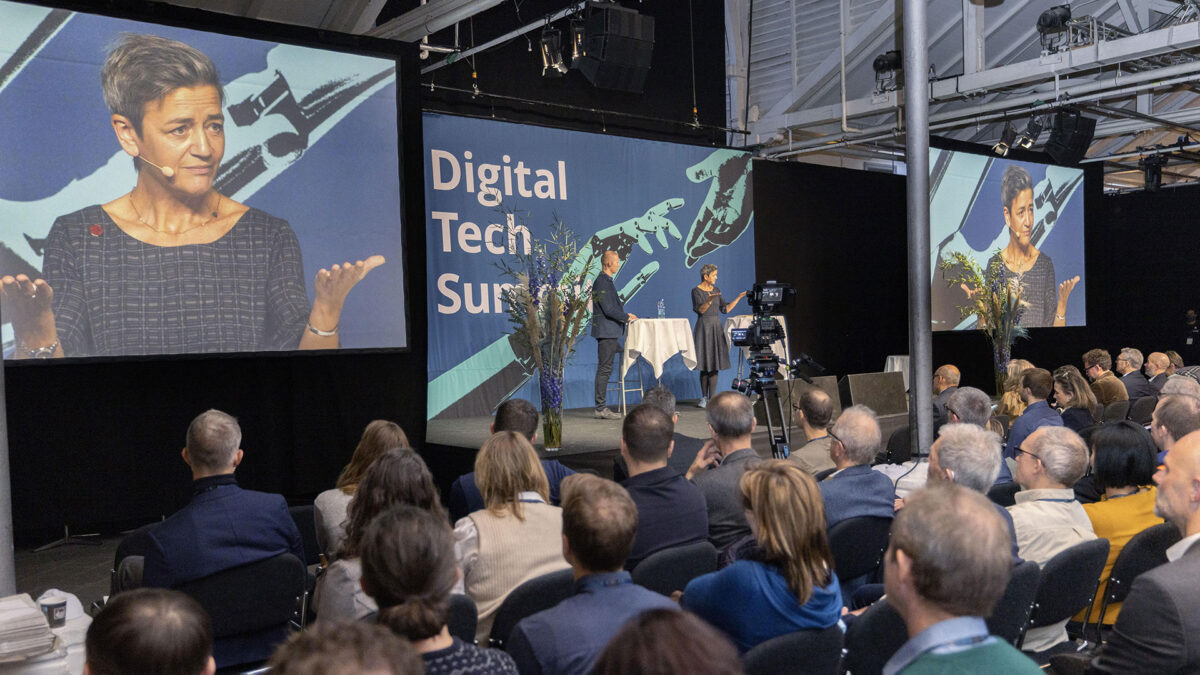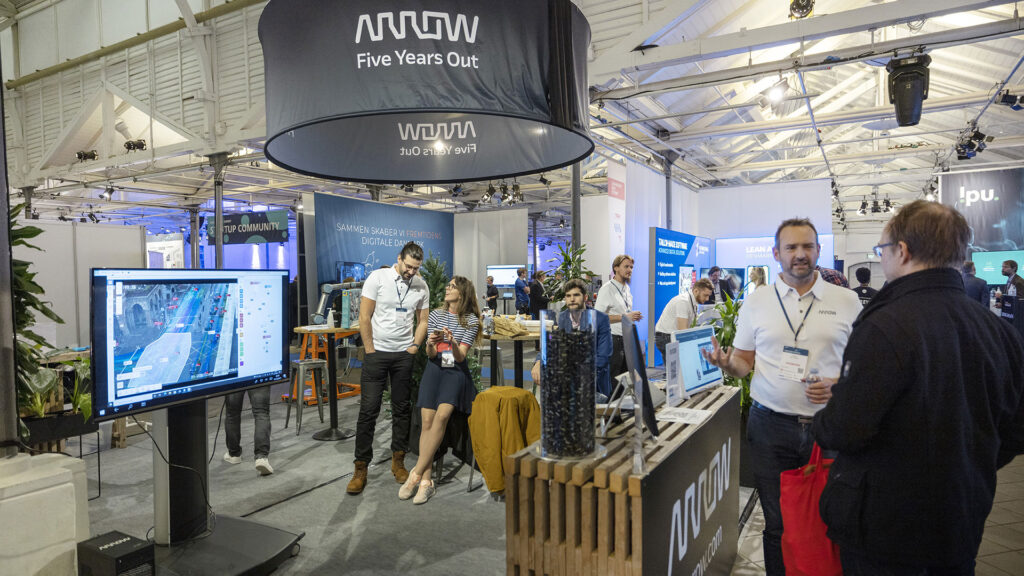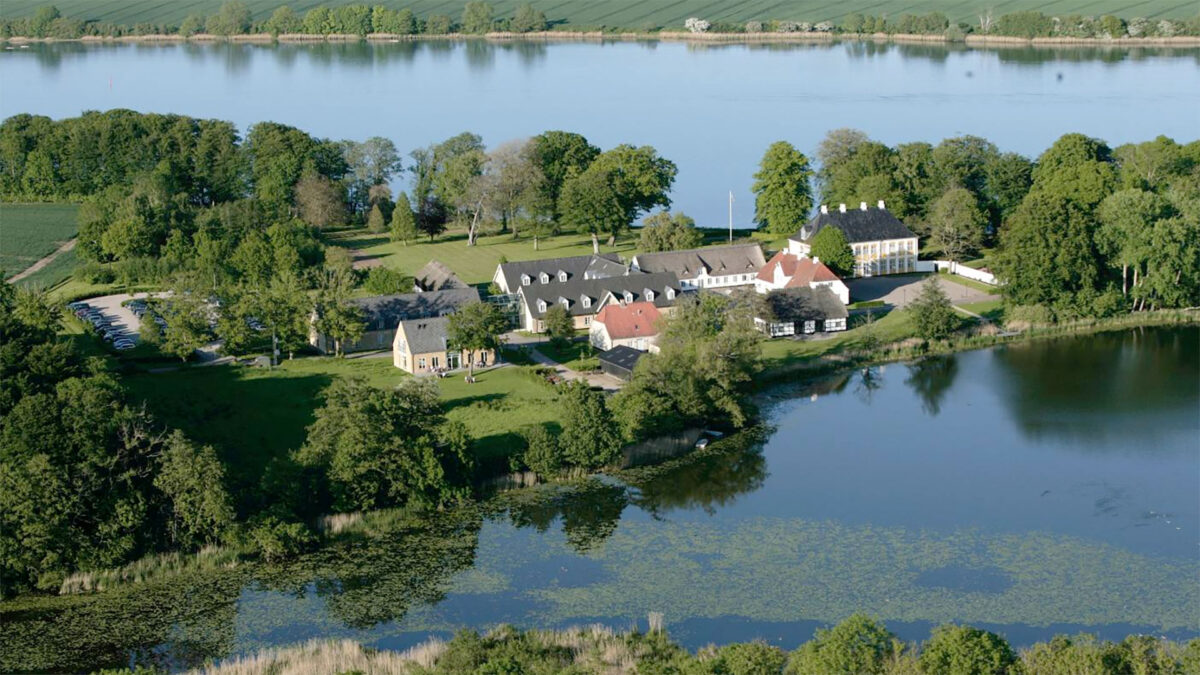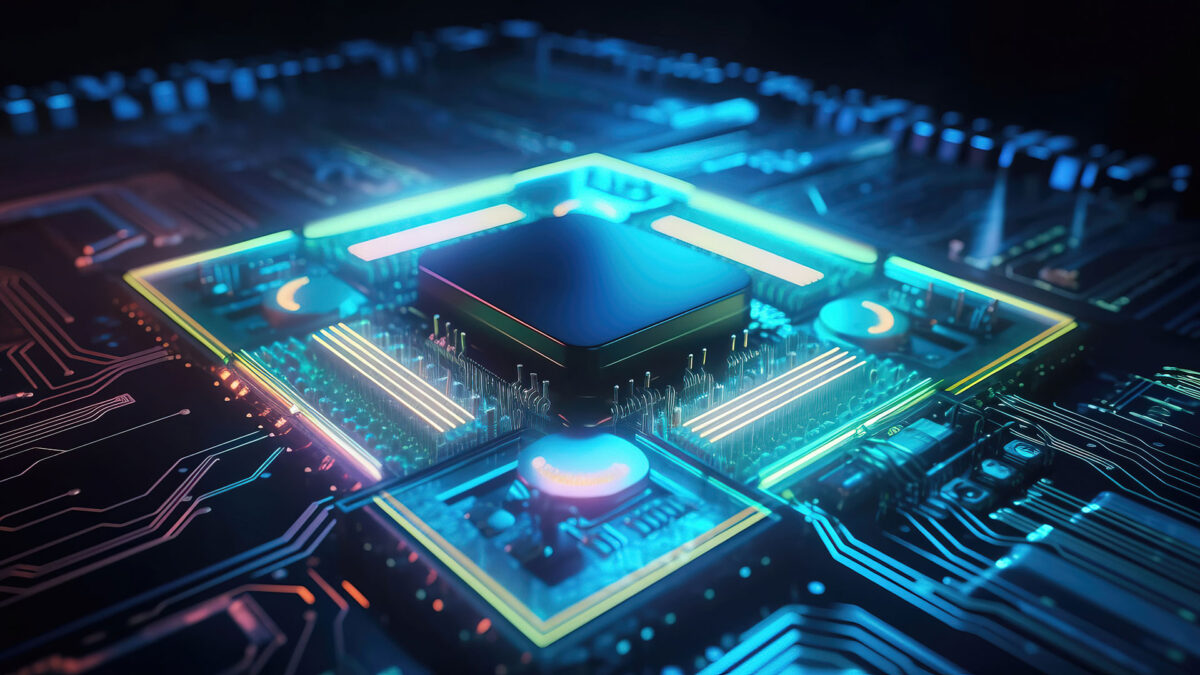Nordicrypt fall 2023
Join the third NordiCrypt meetup in Copenhagen.
-
SOHO Kødbyen
Flæsketorvet 68
1711 København V -
24 November 2023, 9:30 - 17.00
+ dinner - Language: Danish
NordiCrypt is a group for “IACR-style” cryptographers created by researchers from DTU, ITU and AU to promote joint networking activities for researchers in Denmark and the rest of Northern Europe. NordiCrypt is an initiative born in the context of DIREC.
NordiCrypt will organize one-day meetups in Denmark approximately every 3-6 months. The meetups are open to researchers from neighbouring fields, as well as neighbouring countries.
If you wish to give a talk, please email beda(at)itu[dot]dk. Talks by junior researchers in all fields of cryptology are highly encouraged!












